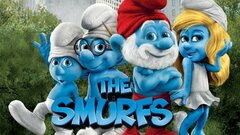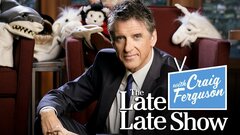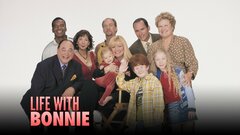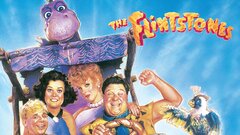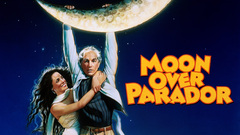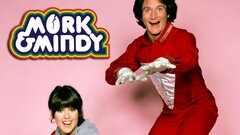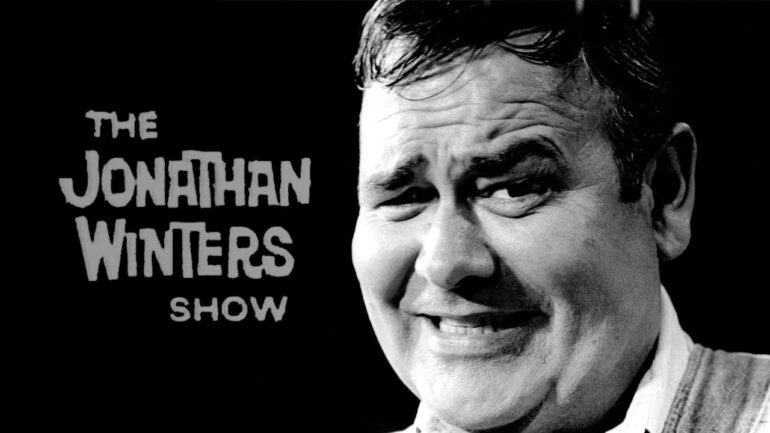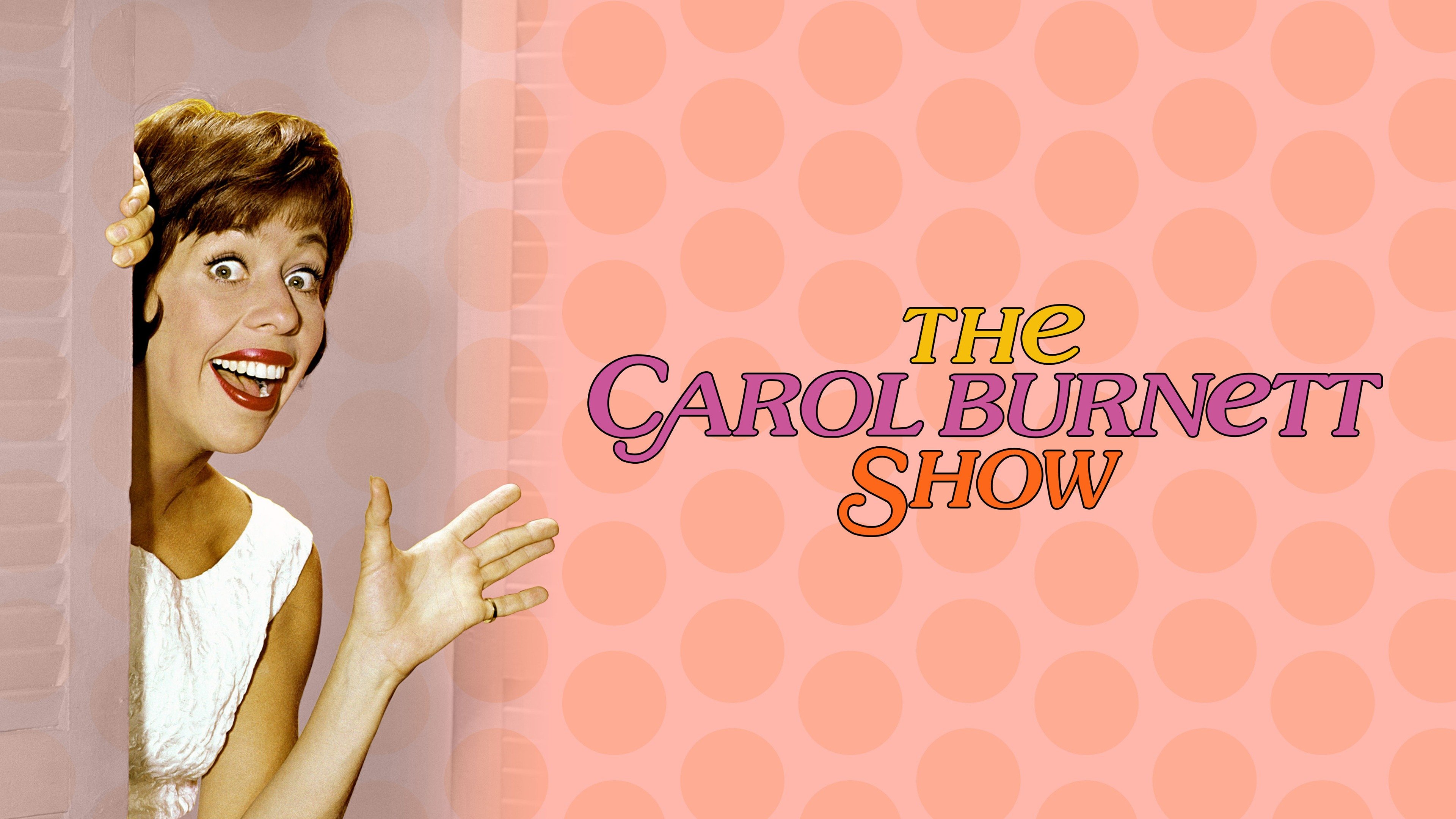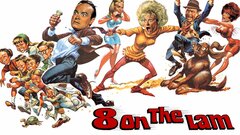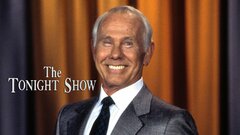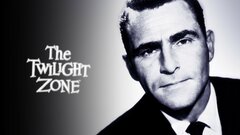One of the most unique and unbridled comic talents of the late 20th century, Jonathan Winters was less of a performer and more of a force of nature whose mind zipped from characters and scenarios with astonishing speed and creativity. A major influence on stream-of-consciousness comics like Robin Williams, George Carlin and Patton Oswalt, Winters presented a singularly off-kilter view of the world through appearances on stage, in motion pictures, and in numerous television appearances. The entertainment industry could rarely find a worthy project for him, but he soldiered on into his eighth decade, still possessing one of the most formidable improvisational talents in the world upon his death in 2013.
Born Jonathan Harsham Winters III on Nov. 11, 1925, he was raised in Bellbrook, OH by his namesake father, an investment banker, and his mother, Alice Kilgore, a former radio personality. Winters' childhood was a difficult one due to his father's alcoholism, which eventually contributed to his parents' divorce. His mother took him to Springfield, OH, where he lived with his maternal grandmother. At 17, he left high school to join the U.S. Marines, and served two and a half years in the Pacific Theater during World War II. After his discharge, Winters attended Kenyon College, where he began to explore comedy and acting. He then studied cartooning at Dayton Art Institute, where he met Eileen Schauder. The couple was married in 1948 and would remain together until her death in 2009.
His entertainment career reportedly began with a talent contest that featured a wristwatch as its first prize. Winters had recently lost his own watch, and Schauer encouraged him to try out for the contest. Once there, Winters unleashed his dizzying improvisational skills, and not only won the competition, but earned an on-air job at a radio station in Dayton. Initially, his job was to introduce songs and give weather reports, but Winters' knack for ad-libbing and creating odd and hilarious characters on the spot eventually became the focus of the show. More radio jobs soon followed, as well as a brief stint at Columbus' WBNS-TV. After failing to land a $5 raise from his bosses at the station, Winters quit the job and decided to make a stab at becoming a full-time comic. With less than $60 in his pocket, and a promise to his wife that he would return if he had not found success within a year, Winters headed to New York City. There, he began to make a name for himself on the city's fabled club scene. After landing Martin Goodman as his representation, Winters earned his big break with an appearance on the cultural series "Omnibus" (CBS/NBC, 1952-1961).
Winters soon became a staple of television variety shows, where he introduced several of his enduring personas. The best loved of these was Maude Frickett, a garrulous senior citizen with a wicked tongue, who was popular enough to earn her own imitation in Johnny Carson's "Aunt Blabby." Both Carson and his "Tonight Show" (NBC, 1954- ) predecessor, Jack Paar, were devoted fans of Winters, and frequently gave the comic ample room to unleash whatever thoughts or characters were running through his mind at the time. Winters also earned a fan base through his comedy albums on the Verve label, beginning in 1960 with The Wonderful World of Jonathan Winters. However, Winters' off-stage world was anything but wonderful during this period. In the late 1950s, Winters suffered a nervous breakdown and spent eight months in a private mental hospital. He was eventually diagnosed with bipolar disorder, and would occasionally make reference to his mental state in his humor. Winters also struggled with alcoholism throughout his career, and suffered numerous setbacks as a result of his instability.
Winters' first attempt at regular series work came in 1956 with "The Jonathan Winters Show" (NCB, 1956-1957), a 15-minute sketch comedy series that ran after the network's nightly news broadcast. Winters later became a regular on "The Garry Moore Show" (CBS, 1958-1967) before earning another shot at a weekly series with the primetime "Jonathan Winters Show" (CBS, 1967-69). There, he joined another improvisational genius, Cliff Arquette, who brought his long-running country sage, Charley Weaver, to the proceedings, which also included such established comics as Paul Lynde and Alice Ghostley. He was also a favored guest on "The Dean Martin Comedy Hour" (NBC, 1966-1971) as well as his televised celebrity roasts.
In the 1960s, Winters attempted to parlay his comic talents into acting roles in film and on television, with mixed results. He made an impressive dramatic debut as a deceased pool champ who takes on Jack Klugman's aspiring hustler in "A Game of Pool," a 1961 episode of "The Twilight Zone" (CBS, 1959-1964), but kept largely to comedy throughout the remainder of his career. He earned a Golden Globe nomination for his feature debut in the sprawling all-star epic "It's a Mad, Mad, Mad, Mad World" (1963) as an easily angered trucker who, in one memorable scene, destroyed an entire gas station in an attempt to get at Phil Silvers. Winters also enjoyed a dual role in Tony Richardson's cult black comedy "The Loved One" (1965) as a scheming reverend and his more honorable brother. Unfortunately, while Winters' appearance in films like "The Russians are Coming! The Russians are Coming!" (1966) and "Viva Max" (1969) were often the high points of the production, few of the films were actual box office successes, and he eventually returned to television as the co-host of the children's documentary series "Hot Dog" (NBC, 1970-71), which also featured the improbable duo of Woody Allen and Joanne Worley.
Winters' output in the 1970s was as mercurial as the man himself: he recorded Ogden Nash's poem "The Carnival of the Animals" on LP, then hosted a syndicated comedy series, "The Wacky World of Jonathan Winters" (1972-74). He was a frequent guest on "The American Sportsman" (ABC, 1965-1986) as well as "The Hollywood Squares" (NBC/syndicated, 1966-2004). And in the fourth and final season of "Mork and Mindy" (ABC, 1978-1982), Winters joined one of his most ardent admirers, series star Robin Williams, to play Mork's child, Mearth, who began life as an elderly man hatched from an enormous egg. Despite the comedy firepower on display in these episodes, the addition of Winters failed to interest viewers, and the show was cancelled after its 95th episode.
The 1980s and 1990s saw an upswing in Winters' television appearances, including several TV specials like "Jonathan Winters: On the Ledge" (Showtime, 1987), which teamed him with established comics like Milton Berle as well as up-and-comers like Michael Richards, whose own persona owed a large debt to Winters. He also contributed his versatile voice to countless animated series, including that of Papa Smurf on "The Smurfs" (NBC, 1981-89). In 1991, he earned his sole Emmy award as Randy Quaid's eccentric father on the short-lived "Davis Rules" (ABC/CBS, 1991-92). Winters' long and influential career also received numerous tributes during this period, most notably the Mark Twain Prize for American Humor in 1999 and the TV Land Pioneer Award in 2008, which was presented to him by Williams. In 2011, Winters was the subject of a curious "mockumentary" called "Certifiably Jonathan," which focused on his lengthy life and career while indulging in an odd storyline about the comic's attempts to get his paintings into the Museum of Modern Art. The film received mixed reviews, but critics and audiences agreed that in its best moments, it showed that the 85-year-old Winters had lost none of his offbeat brilliance. That same year, he was announced as the voice of Papa Smurf in the live-action feature film version of "The Smurfs" (2011). After reprising the role for the 2013 sequel, Winters passed away at his Montecito, CA home at the age of 87.


